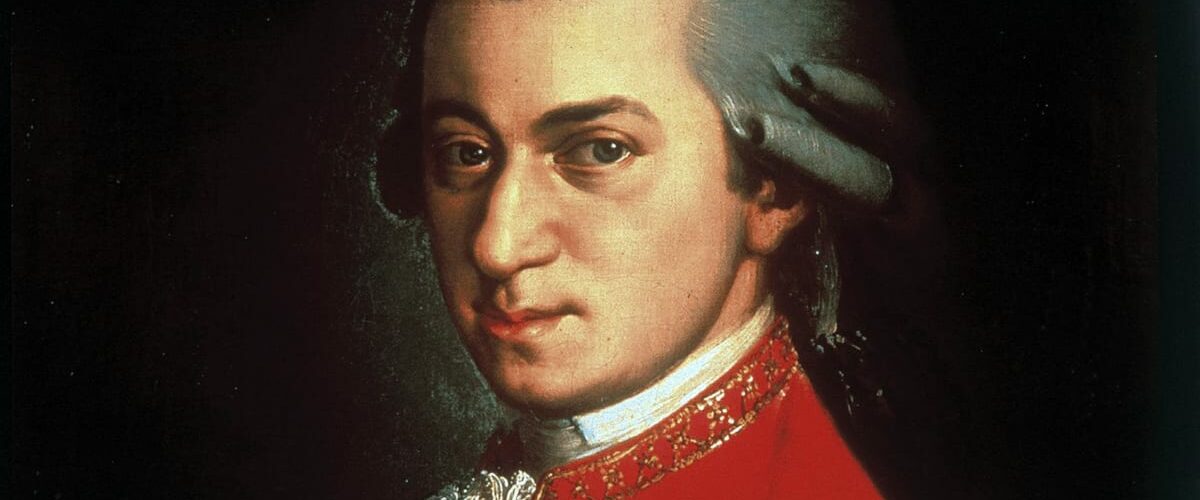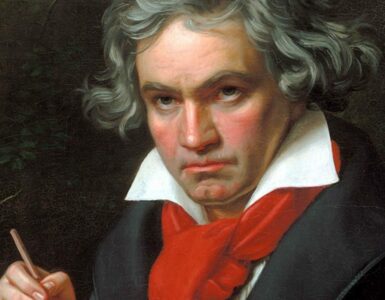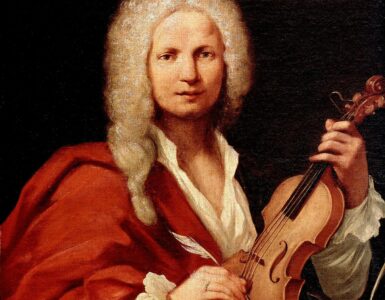Introduction
One of the most well-known and significant classical composers in history is Wolfgang Amadeus Mozart. Mozart, who was born in Salzburg, Austria, in 1756, showed great musical skill at an early age and wrote his first symphony when he was just eight years old. He wrote nearly 600 pieces of music during his brief life, including operas, symphonies, chamber music, piano pieces, and choral music. His music has a reputation for being beautiful, technically accomplished, and emotionally profound, and it is still well-liked and frequently performed today.
We will explore the life and career of Wolfgang Amadeus Mozart in this article, with an emphasis on his most well-known compositions and their enduring influence on classical music. We’ll also talk about how Mozart’s music continues to be popular and important today and offer some resources for anyone who wants to learn more about this brilliant composer.
Early Life and Education
Leopold and Anna Maria Pertl Mozart had seven children in total, with Mozart being the youngest. His father, a composer and violinist, discovered his son’s musical talent at a young age, and at the age of four, he started taking professional music instruction. Mozart was already a skilled violinist and keyboard player by the age of five, and he immediately started writing his own music.
Six-year-old Mozart traveled throughout Europe in 1762 with his older sister, Maria Anna (also known as “Nannerl”). Their father, who was both their manager and music teacher, was with the two siblings. The Mozart family gave performances in Paris, London, and Munich in front of aristocracy and statesmen. Mozart was acclaimed as a prodigy for his early musical prowess and endearing nature, which made him a sensation wherever he went.
After they got back to Salzburg, Mozart’s father and other local professors helped him continue his musical training. He studied a variety of topics, such as composition, harmony, and counterpoint. The Prince-Archbishop of Salzburg hired Mozart as a court musician in 1769 when he was just 13 years old, giving him a solid income and access to musical opportunities.
Musical Career
Mozart produced a wide range of works in the early years of his career, including symphonies, operas, chamber music, and piano pieces. As a soloist and with his sister, he continued to tour and play. Mozart relocated to Vienna in 1777 when he was just 21 years old in an effort to expand his compositional and performing chances.
Mozart made a name for himself as a pianist and composer in Vienna. He wrote several operas, some of which are still often played today. These operas include “The Marriage of Figaro” (1786), “Don Giovanni” (1787), and “The Magic Flute” (1791). He also wrote a number of symphonies, two of which are regarded as his best: Symphony No. 40 in G minor and Symphony No. 41 in C major.
Mozart’s Operas
One of Mozart’s most well-known and cherished compositions is an opera. In his lifetime, he wrote over 20 operas, many of which have been incorporated into the classical repertoire. His operas are renowned for their intricate character development, emotive vocal lines, and lovely melodies.
One of the most well-known operas of Mozart is “The Marriage of Figaro.” A cunning servant named Figaro outsmarts his aristocratic boss, Count Almaviva, in this comedy. The opera has been widely performed and adapted for stage, film, and television, and it continues to be a popular choice for opera companies across the world. It boasts a number of notable arias and ensembles, including the classic “Non più andrai” and “Voi che sapete.”
Mozart’s “Don Giovanni” is another well-known opera. It is a tragicomedy that follows the life of the womanizing aristocrat Don Giovanni, who ultimately dies as a result of his transgressions. Like “The Marriage of Figaro,” “Don Giovanni” has been widely performed and adapted, and it continues to be a popular choice for opera companies today. The opera includes a number of notable arias and ensembles, including the iconic “Là ci darem la mano” and “Dalla sua pace.”
In the fairy tale opera “The Magic Flute,” Prince Tamino sets out on a mission to save Princess Pamina from the clutches of the wicked sorcerer Sarastro. A variety of remarkable arias and ensembles, such as the well-known “Der Hölle Rache” and “Ein Mädchen oder Weibchen,” are included in this opera, which is notable for its usage of Masonic symbols and themes. Additionally frequently performed and altered, “The Magic Flute” is still a favorite among opera groups today.
Mozart’s Symphonies
Mozart also wrote a number of symphonies in addition to operas. His symphonies are renowned for their exquisite melodies, masterful compositional techniques, and wide variety of expressive emotions. One of his most well-known symphonies, Symphony No. 40 in G minor, is regarded as one of the best compositions of the classical era. It is well-known for both its lovely and sentimental second movement as well as its dramatic and passionate opening movement.
Another one of Mozart’s outstanding symphonies is Symphony No. 41 in C major. It is renowned for both its stunning and expressive slow movement as well as its audacious and energizing opening movement. These two symphonies are still regularly performed and recorded.
Personal Life and Legacy
Only two of Mozart and Constanze Weber’s six children made it to adulthood after the couple’s 1782 marriage. Mozart struggled with money throughout his life, despite his fame as a composer and performer, and frequently had to rely on the kindness of friends and patrons to make ends meet.
At the young age of 35, Mozart passed away in 1791, leaving behind a sizable body of work that contains more than 600 compositions. His works continue to be well-liked and frequently played today, and his contributions to classical music are enduring. His works are regarded as some of the best examples of classical music, and he is hailed as one of history’s greatest composers.
Mozart’s Music Today
Despite being a composer from the classical era, Mozart’s music remains popular and widely performed today. His operas and symphonies are widely played at concerts, and soloists and ensembles who perform classical music frequently record his compositions. As background music in public places like hotels, restaurants, and airports, his music is widely featured in movies, television shows, and other media.
The fact that Mozart’s music is timeless is one factor in his enduring popularity. His works are renowned for their beauty, technical skill, and emotional profundity, and listeners are still affected by them today. Additionally, his music is quite versatile and is suitable for a variety of ensembles, from tiny chamber groups to entire orchestras.
Mozart’s music is not only well-liked by listeners of classical music, but it is also extensively researched by music students and academics. His compositions are regarded as among the best in classical music, and teachers frequently utilize them to explain the fundamentals of classical composition to their students.
Conclusion
The classical era’s most prolific and significant composer, Wolfgang Amadeus Mozart is renowned for his exquisite, expertly executed, and profoundly moving works. He wrote nearly 600 pieces of music during his brief life, including operas, symphonies, chamber music, piano pieces, and choral music. His contributions to classical music have had a long-lasting influence, and his music is still extensively listened to and played today. He is regarded as one of history’s greatest composers, and his works are regarded as some of the best examples of the genre.





Add comment